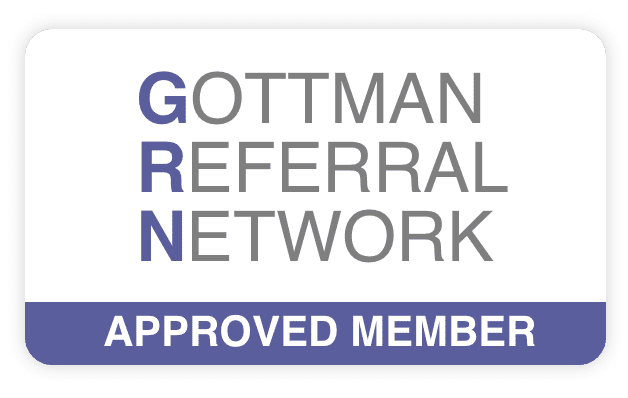My Approach
I use the Gottman Method to help couples understand and address relational dynamics, while Emotionally Focused Therapy (EFT) fosters secure attachments and emotional transformation. For deeper individual issues, I integrate Internal Family Systems (IFS) to promote internal healing. This holistic approach addresses both relationship conflicts and individual emotional growth, leading to profound personal and relational transformation.

Gottman Method
Rooted in Empirical Research
The Gottman Method focuses on building strong relationships through understanding, mutual respect, and managing conflicts. Central to this is the Sound Relationship House concept, which emphasizes building 'love maps,' sharing admiration, managing conflicts, and fostering shared meaning.
Thorough Assessment
I employ the Gottman Method with a thorough assessment of the couple's relationship dynamics, strengths, and areas needing attention. I then work to help couples identify negative patterns of interaction, teach skills to enhance friendship and intimacy, and guide couples in navigating conflicts.
Emotionally Focused
Fostering Emotional Connections
Emotionally Focused Therapy (EFT) helps people understand and change the emotional reactions that cause relationship problems. By focusing on attachment needs and building emotional bonds, EFT helps clients create stronger, more secure relationships. This approach gives clients a safe space to express their feelings, understand how they affect others, and develop healthier ways to connect, leading to better emotional balance and more satisfying relationships.
Exploring Deep-Seated Feelings
In therapy, I use Emotionally Focused Therapy (EFT) with both couples and individuals. For couples, I help partners recognize and understand their emotional reactions and attachment needs, strengthening their bonds and improving their relationship. For individuals, I focus on exploring and changing emotional patterns to promote healing and well-being. This approach provides a safe space to express feelings and build healthier connections, leading to significant personal and relationship growth.


Internal Family Systems (IFS)
Understanding the Mind's Parts
IFS proposes that the mind is made up of multiple 'parts,' or subpersonalities. Each part has its intentions and patterns, and some can take control of a person's behavior or emotions.
Central Concept of the 'Self'
Central to IFS is the concept of the 'Self,' which can lead and heal other parts. As an IFS therapist, I guide clients to recognize and understand their parts, fostering a relationship between the Self and these parts. This promotes internal harmony and allows for self-healing.







